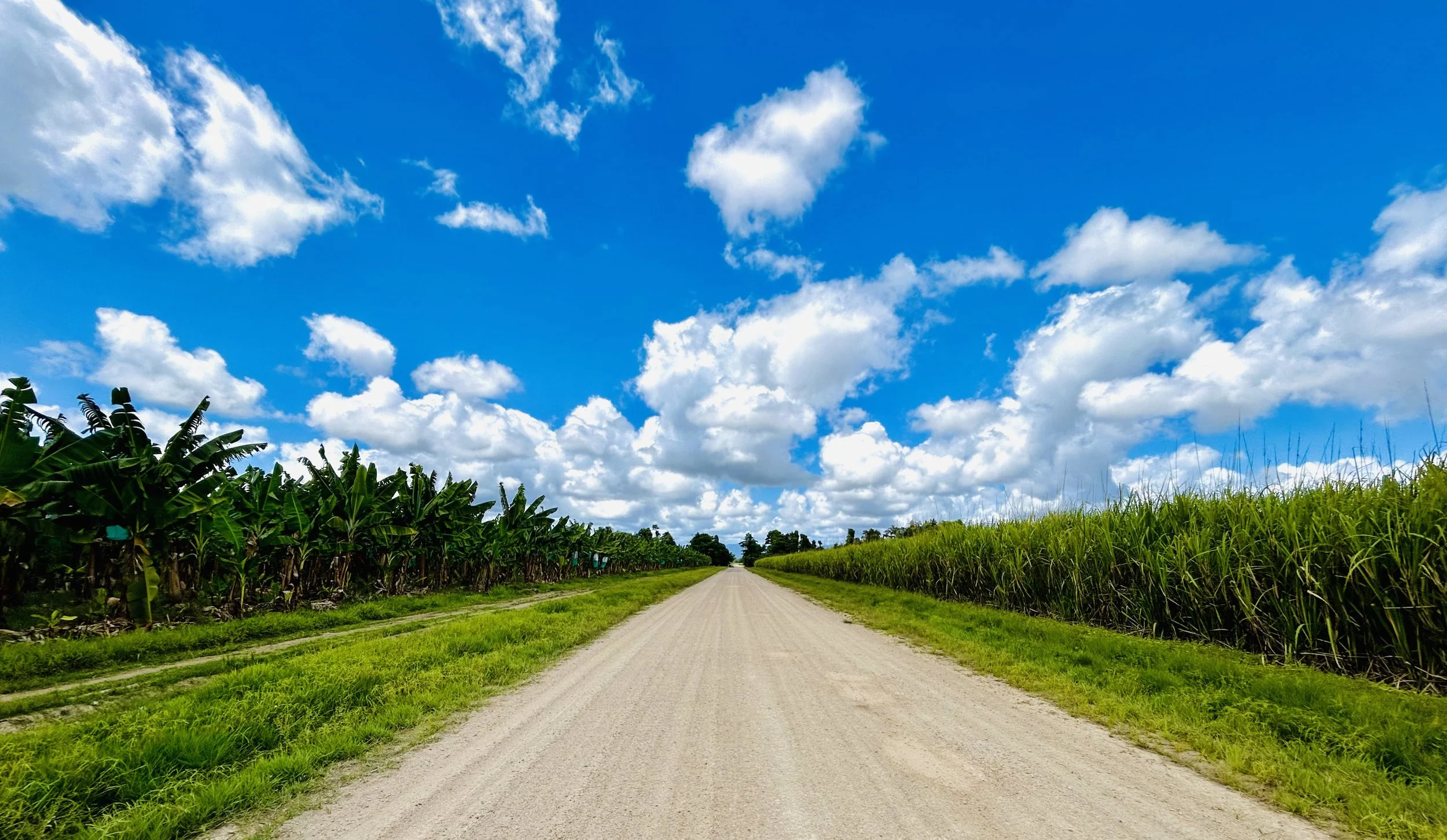
Alternative Crops
Alternative Crops – Building Future Options While Protecting Our Bananas
Through strong grower support, industry resilience and close collaboration with government, the banana industry has successfully contained Panama TR4 to the Tully Valley in Far North Queensland for over a decade. Building on this success, exploring safe and productive uses of Panama TR4-affected properties is an important step in securing the industry's long-term future.
The Australian Banana Growers’ Council has worked closely with Biosecurity Queensland to approve sugarcane production on two Panama TR4-affected properties. This decision was enabled through property-specific risk assessments, expert consultation and close engagement with growers to ensure that sugarcane can be grown on those properties without comprising high biosecurity standards. The assessments confirmed that, for the two approved properties, growing sugarcane poses no greater risk of Panama TR4 spread than the existing background risks—such as natural soil movement via water and feral pig activity. Where potential biosecurity risks are identified, tailored mitigation measures are in place to ensure those risks are effectively controlled and managed.
It is important to note that this is not a blanket approval. Each property is unique, with its own specific characteristics and risk considerations. As such, every application will be assessed individually and applications will be considered where an acceptable, managed risk is demonstrated through scientific evidence, property-specific risk assessments and targeted mitigation measures.
Frequently Asked Questions: Alternative Crops
Over the past 12 months, the Australian Banana Growers’ Council has been investigating alternative crops—such as sugarcane—that could be safely grown on land affected by Panama disease Tropical Race 4 (TR4) without increasing biosecurity risks to the banana industry. This work has included a comprehensive risk analysis and consultation with a range of technical experts.
The work began in response to grower requests and widespread recognition that it has now been a decade since TR4 was first detected in Tully.
-
The success in containing TR4 over the past decade has created a strong basis to build on. Because growers, industry, and government have worked hard to keep the disease from spreading, we now have an opportunity to explore safe, productive uses for land that was previously limited.
It’s been over 10 years since the first detection of TR4 in Tully. At the moment, where TR4 has been detected, growers can only grow bananas unless they seek permission to do something else. Some growers need more long-term options to remain viable. Exploring the feasibility of growing alternative crops helps build future resilience without compromising biosecurity.
-
No farming system is completely risk-free. What we aim for is acceptable, managed risk – based on science, property-specific assessments, and mitigation measures. This will be considered on a case-by-case basis, with final approvals being made by Biosecurity Queensland (BQ).
-
Some growers managing farms with Panama TR4 in Tully have requested ABGC work with them on the possibility of growing cane, a well-established crop in the region. This has provided an opportunity for ABGC and BQ to work through the risk assessment process and look at ways to reduce the chance of disease spread. A final decision will then be made (by BQ) about whether this is feasible, considering science-based risk assessment and broader grower engagement. This provides a useful framework for any other grower (farming with TR4) who wants to consider growing a crop other than bananas.
-
We consider all major spread risks, including:
Machinery movement
Soil and water flow
Harvest methods
Road use and hygiene
Farm layout and paddock design
-
ABGC’s Grower Support (Biosecurity) team leads the assessments, working with independent experts, BQ, and regional stakeholders.
-
Risk levels are determined using structured, evidence-based frameworks that assess the likelihood of entry, establishment and spread, a method used across biosecurity to rate risks as low, moderate or high. Thorough risk assessments have included considering the background risk of animal movement and flooding.
-
E: growersupport@abgc.org.au
W: abgcgrowersupport.com.au
P: Elisha Farmer – Grower Support (Biosecurity) Manager, 0477 643 585
